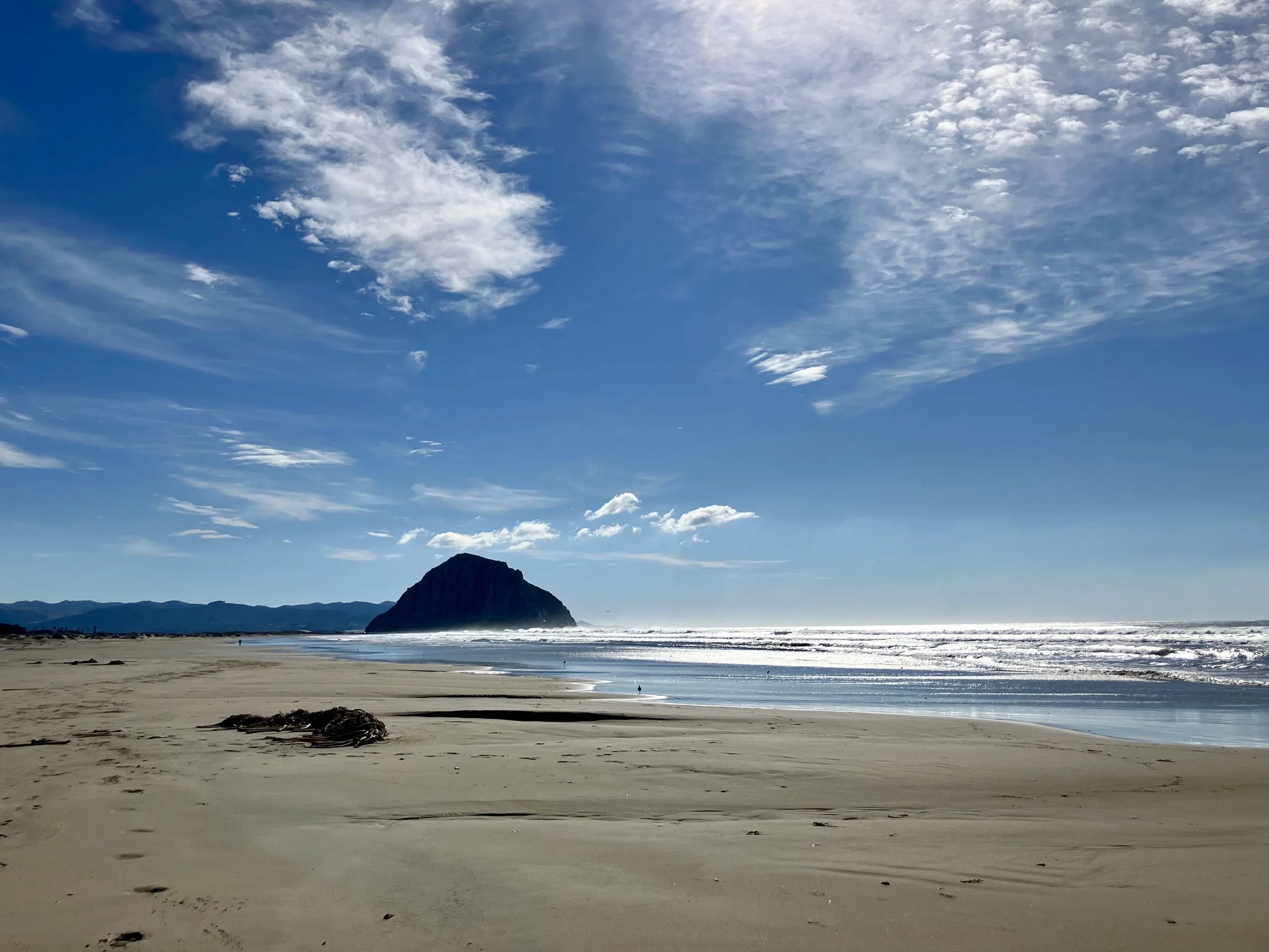Join me for two focused, craft-driven Zoom sessions designed to help you deepen your writing and step into 2026 with clarity, momentum, and support. On December 17, we’ll discuss theme, and on January 7, we’ll dive into writing about others.
Read MoreQ: I wrote a biography about my mother’s life. After reading it, a couple of people mentioned that certain sections of the book were difficult to read. The book does address topics like trauma and suicide because those were realities in my mother’s life. What do you think about content that could trigger some readers? Should there be some type of warning?
Read MoreI’m currently wrapping up the spring semester of my life story writing classes. Thanks to a student request, for the past fifteen weeks I’ve been giving my students weekly tips for crafting more interesting and elegant sentences. Here’s the final list.
Read MoreQ: What’s the best way to use journal entries in a memoir? Should I quote myself as I would a passage from a book?
A: I believe journals and diaries are goldmines for memoirists and life story writers for two main reasons . . .
Read MoreQ: I’ve written the first draft of my memoir. My sister and I have been estranged for years. I know I have the right to tell my story, and yet I don’t feel good about using her real name without her permission. Do you have any ideas for how to approach her about it?
Read MoreA manuscript evaluation is a roadmap to a book’s future. It can sometimes replace a developmental edit, and it provides the author constructive critique on every element of their book, including (as needed) structure, tone, consistency, voice, flow, titles, permissions, and sensitive topics. It also answers the author’s specific questions. I include publishing advice in my manuscript evaluations for authors who want it.
Read MoreYour story has value. If it didn’t, you’d be able to let it go easily. It wouldn’t call to you from inside your dreams. It wouldn’t follow you on your walks. Its fragments wouldn’t bully their way onto scraps of paper around your house . . .
Read More



